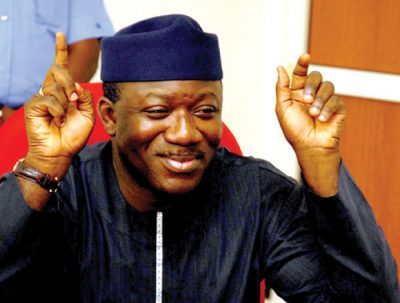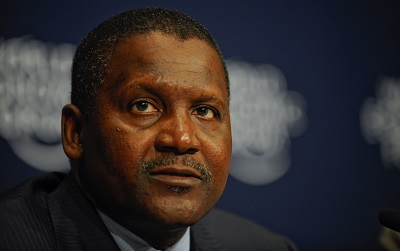W’ Bank’s $750m will boost FG’s social investment, job creation, says Osinbajo

• Low-income, developing countries to access new $50b IMF funding
Federal Government, yesterday, said the World Bank-supported $750 million COVID-19 Action Recovery and Economic Stimulus, also known as NG-CARES, will leverage on existing job creation, wealth creation and poverty reduction programmes at the community level.
It said this would form part of the administration’s plan to take 100 million Nigerians out of poverty in 10 years through initiatives such as: State Cash Transfer Units, Agriculture Development Agencies and Job Creation Unit/MSE Support Units supported by the Government Enterprise and Empowerment Programme (GEEP).
Vice President Yemi Osinbajo made the disclosure in Abuja at launch of the NG-CARES programme implementation.
NG-CARES is a multi-sectoral programme, which, in addition to ongoing implementation of the Economic Sustainability Plan (ESP), is a furtherance of the Federal Government’s response to socio-economic fallouts of the COVID-19 pandemic.
Noting that the programme will build on diverse and extensive interventions by the Federal Government, Osinbajo said: “NG-CARES is designed to support vulnerable and poor Nigerians, provide immediate emergency relief to smallholder farmers and SMEs that were adversely affected by the COVID-19 pandemic.”
The Vice President further disclosed that the loan would be over a period of two years (2021-2023). He said the intervention allocation to each state is $20 million ex-ante, $15 million to the Federal Capital Territory (FCT) and $15 million for the NG CARES Support Unit.
Also, the programme is to be driven by states using the Programme for Results (PforR) delivery mechanism.
He said the programme would complement the Federal Government’s plan to scale up the number of beneficiaries of its social schemes, subsidy and grants to support individuals, households and MSMEs in the multi-year Development Plan for 2021-2024.
He said the plan “was developed within the context of our response to the COVID-19 crisis and the Economic Sustainability Plan serving as the bridge.”
Osinbajo said: “In order to ensure successful programme implementation, the Federal Government will provide quality assurance, monitoring, capacity building and technical assistance to states and the FCT on project activities and results.
“Consequently, the Federal Government has inaugurated the Federal CARES Steering Committee (FCSC), the Federal CARES Technical Committee (FCTC) and the Federal CARES Support Unit (FCSU) to provide overall policy direction, technical support to all the states and FCT and advise Mr. President appropriately.”
MEANWHILE, International Monetary Fund (IMF) is looking at rolling out a fresh $50 billion under its Resilience and Sustainability Trust (RST) to help “low-income and vulnerable middle-income countries” build resilience to withstand the balance of payment shocks.
The fund, according to a blog posted on the IMF’s site yesterday, could be fully operational before the end of the year, if it secures the executive board’s approval before the upcoming Spring meeting.
By its size of per capita GNI, Nigeria is qualified to access the new RST. The fund requires countries to be ready to execute reforms that align with trust and demonstrate the capacity to pay back.
It said, “a package of high-quality policy measures consistent with the RST’s purpose; a concurrent financing or non-financing IMF-supported programme with appropriate macroeconomic policies to mitigate risks for borrowers and creditors and sustainable debt and adequate capacity to repay the fund,” would be demanded.
It stated: “RST support aims to address macro-critical longer-term structural challenges that entail significant macroeconomic risks to member countries’ resilience and sustainability, including climate change, pandemic preparedness, and digitalisation. That said, not all long-term structural challenges lend themselves to IMF lending.”







